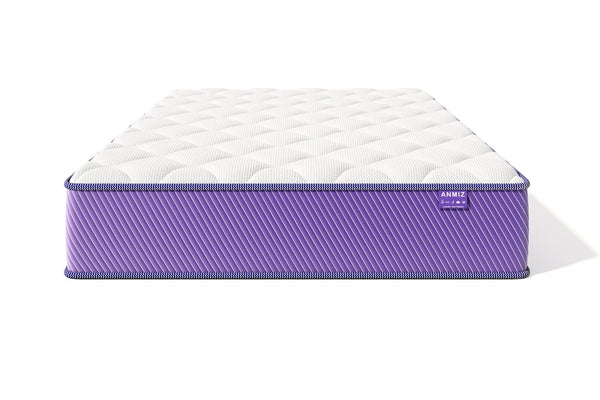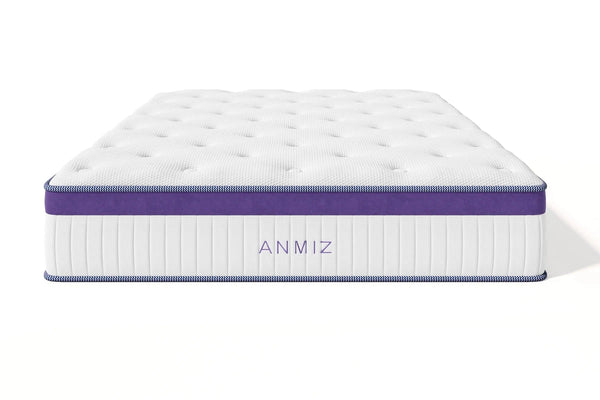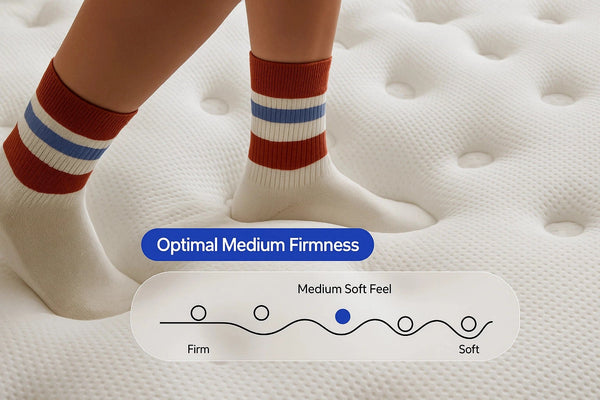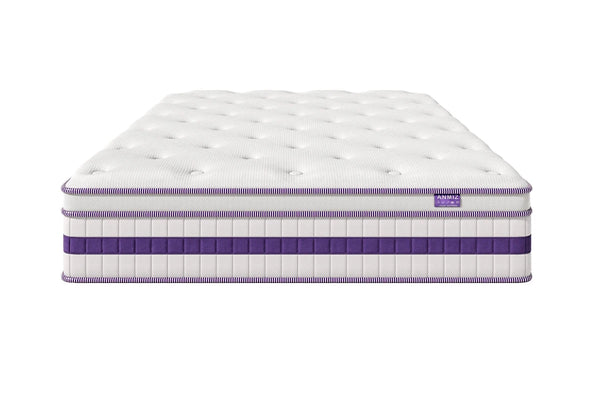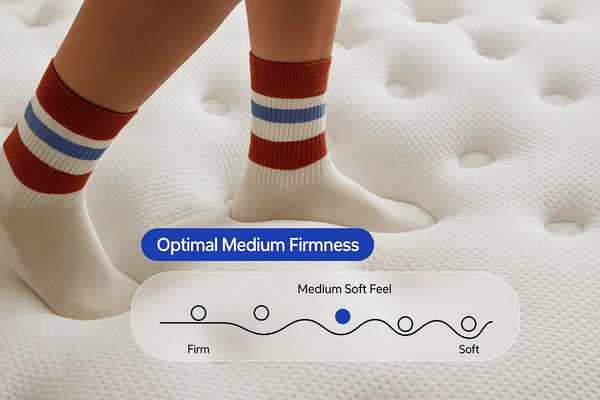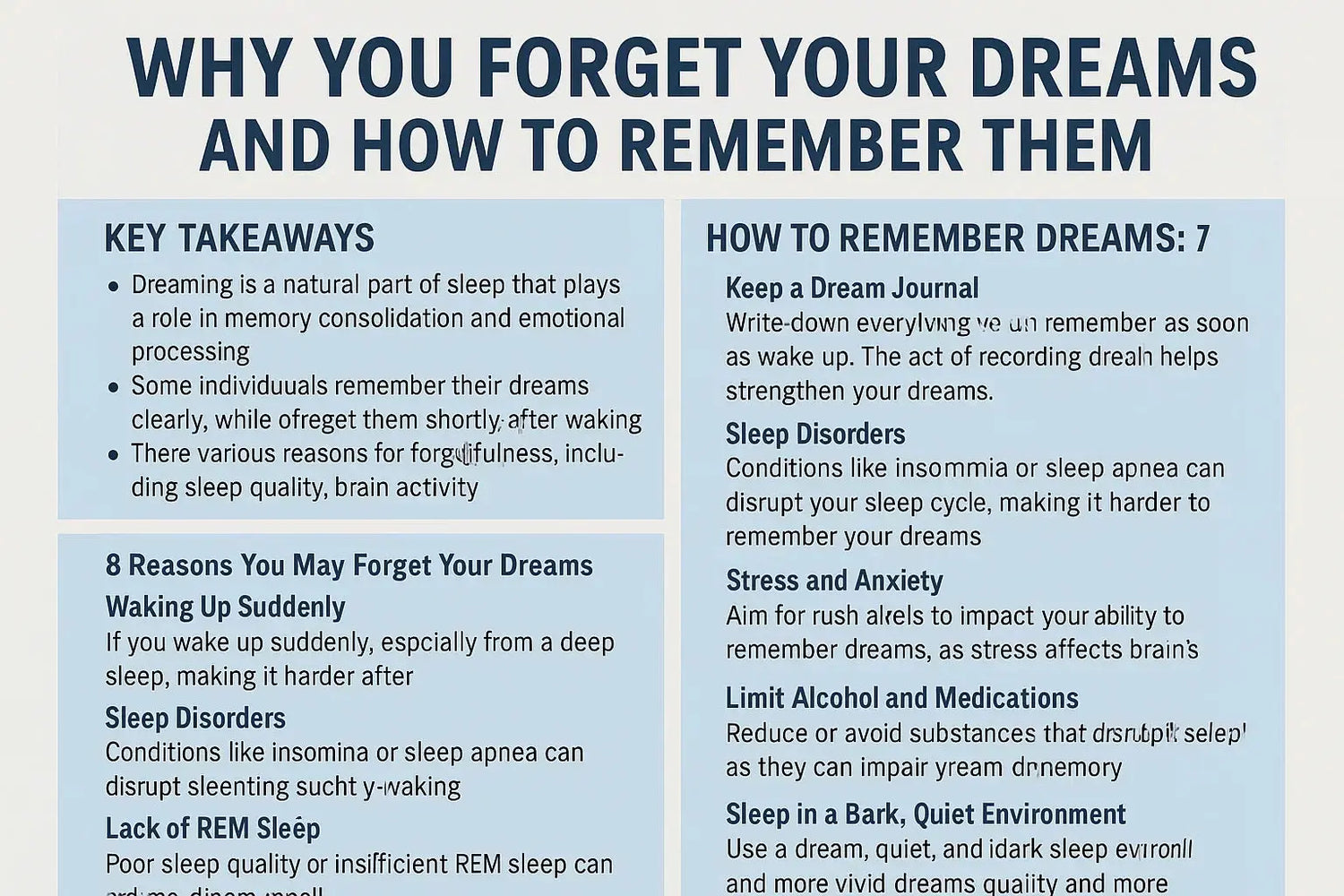
Have you ever woken up after a full night’s sleep and struggled to remember your dreams? You're not alone. Many people experience this, and it’s completely normal at times. But why does it happen, and what can you do to start recalling your dreams more clearly? In this blog, we’ll explore 8 common reasons why you may forget your dreams, along with 7 simple tips to help improve your dream recall. Plus, we’ll discuss whether it’s normal to not dream and what it might mean for your overall sleep health.
Key Takeaways
- Dreaming is a natural part of sleep that plays a role in memory consolidation and emotional processing.
- Some individuals remember their dreams clearly, while others forget them shortly after waking.
- There are various reasons for forgetfulness, including sleep quality, brain activity, and external factors.
- Simple techniques, such as maintaining a dream journal, can help improve dream recall.

8 Reasons You May Forget Your Dreams
While dreaming is a natural process, many of us forget the details shortly after waking up. Here are 8 reasons why that might happen:
- Waking Up Suddenly: If you wake up suddenly, especially from a deep sleep, your brain may not have the chance to store the dream in your long-term memory.
- Sleep Disorders: Conditions like insomnia or sleep apnea can disrupt your sleep cycle, making it harder to remember your dreams.
- Lack of REM Sleep: REM (Rapid Eye Movement) sleep is when most dreaming occurs. Poor sleep quality or insufficient REM sleep can reduce dream recall.
- Stress and Anxiety: High stress levels can impact your ability to remember dreams, as stress affects the brain’s memory and recall functions.
- Substance Use: Alcohol or medications can interfere with the quality of sleep and disrupt the brain’s ability to store dreams.
- Age: As we age, the ability to remember dreams can decline. This is partly due to changes in the brain’s activity during sleep.
- Poor Sleep Hygiene: Unhealthy sleep habits, such as irregular sleep schedules or a noisy sleep environment, can affect dream recall.
- Not Actively Trying to Remember: If you don’t make an effort to recall your dreams upon waking, the details may slip away from your memory quickly.
How to Remember Dreams: 7 Tips
If you want to improve your dream recall, here are 7 practical tips to help you remember your dreams more vividly:
- Keep a Dream Journal: Write down everything you can remember as soon as you wake up. The act of recording dreams helps strengthen memory recall.
- Get Enough Sleep: Aim for 7-9 hours of quality sleep per night. Adequate sleep ensures you experience enough REM sleep for vivid dreams.
- Wake Up Slowly: Try not to rush out of bed. Instead, lay still for a few minutes and try to recall any dreams before you move.
- Focus on Dreaming Before Sleep: Before bed, tell yourself that you’ll remember your dreams. Positive affirmation can help trigger dream recall.
- Limit Alcohol and Medications: Reduce or avoid substances that disrupt sleep, as they can impair your ability to remember your dreams.
- Sleep in a Dark, Quiet Environment: A comfortable, quiet, and dark sleep environment promotes better sleep quality and more vivid dreams.
- Use Dream Triggers: Keep a familiar object near your bed or use a specific scent that you associate with dreams. These triggers can help bring dreams to the forefront when you wake up.
Is It Normal to Not Dream?
Not dreaming occasionally is entirely normal. However, if you consistently don’t remember your dreams or rarely experience them, it could be due to various factors such as poor sleep quality, stress, or disruptions in the sleep cycle. If dream recall is a concern, improving sleep hygiene and managing stress levels can often help restore dream memory.
Suggested Table:
| Reason for Forgetting Dreams | Solution to Remember Dreams |
| Waking up suddenly | Wake up slowly and lay still for a few minutes |
| Sleep disorders | Improve sleep hygiene and seek medical advice if needed |
| Lack of REM sleep | Aim for 7-9 hours of quality sleep for better REM cycles |
| Stress and anxiety | Practice relaxation techniques to reduce stress |
| Substance use | Reduce alcohol and medications that affect sleep |
| Age-related changes | Maintain a healthy sleep routine and lifestyle |
| Poor sleep hygiene | Create a consistent, comfortable sleep environment |
| Not actively trying to remember | Keep a dream journal and focus on dream recall |







